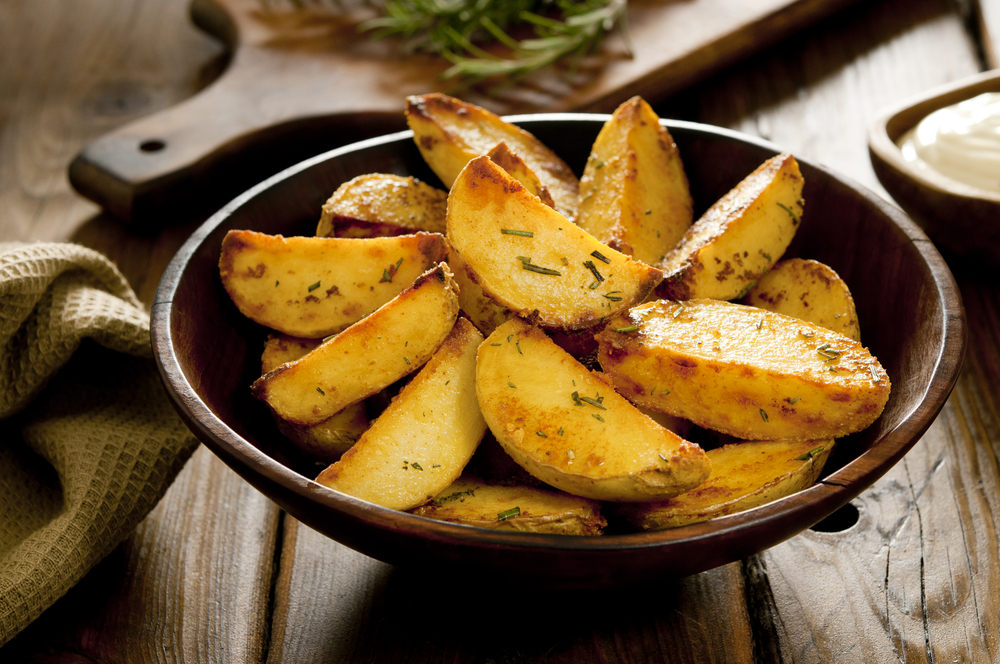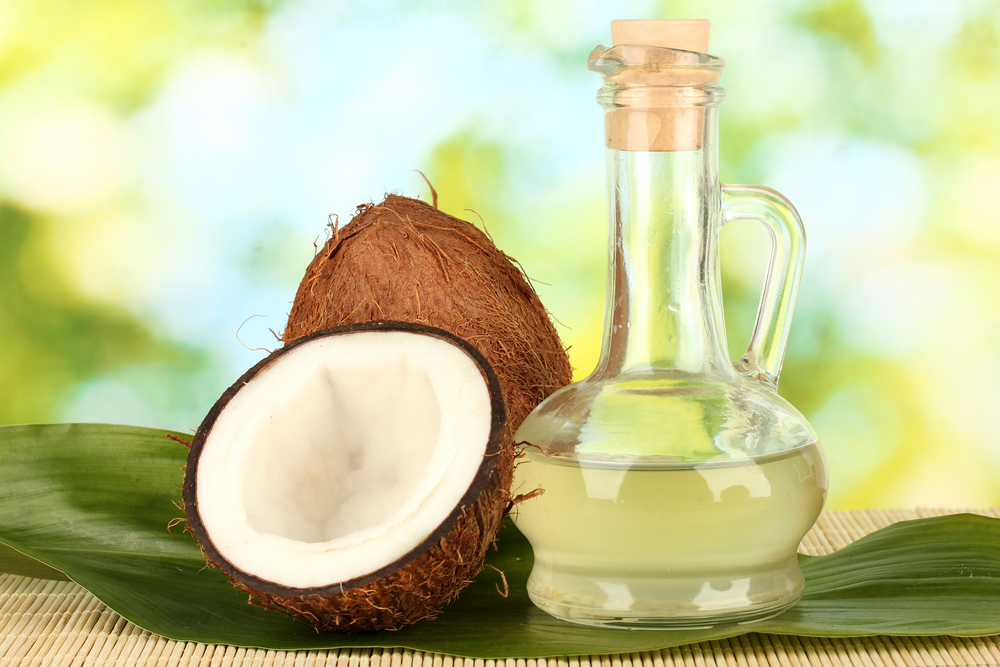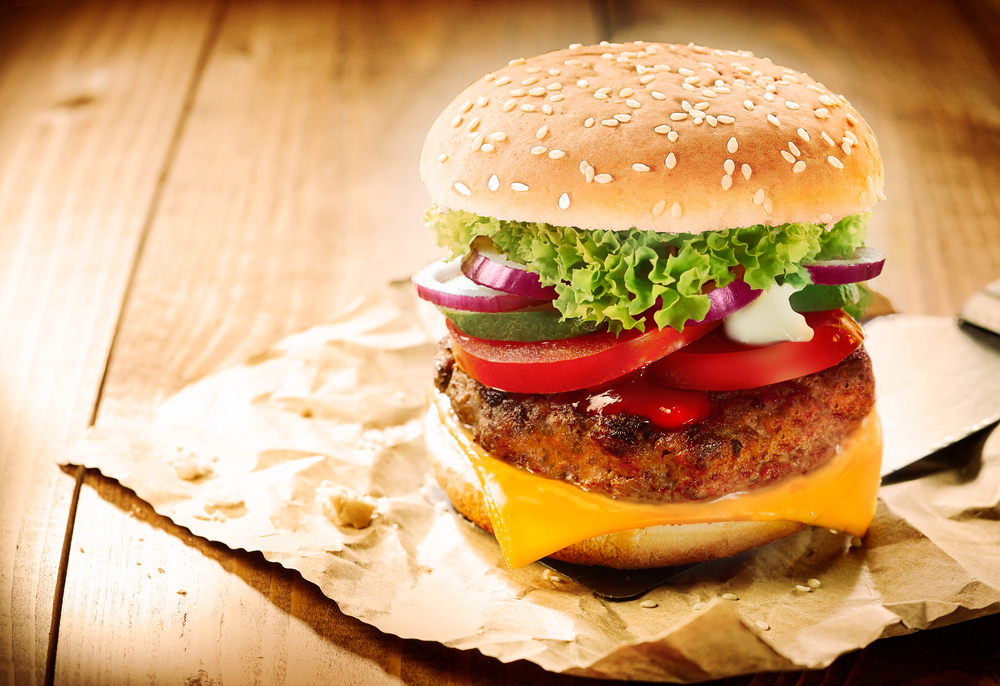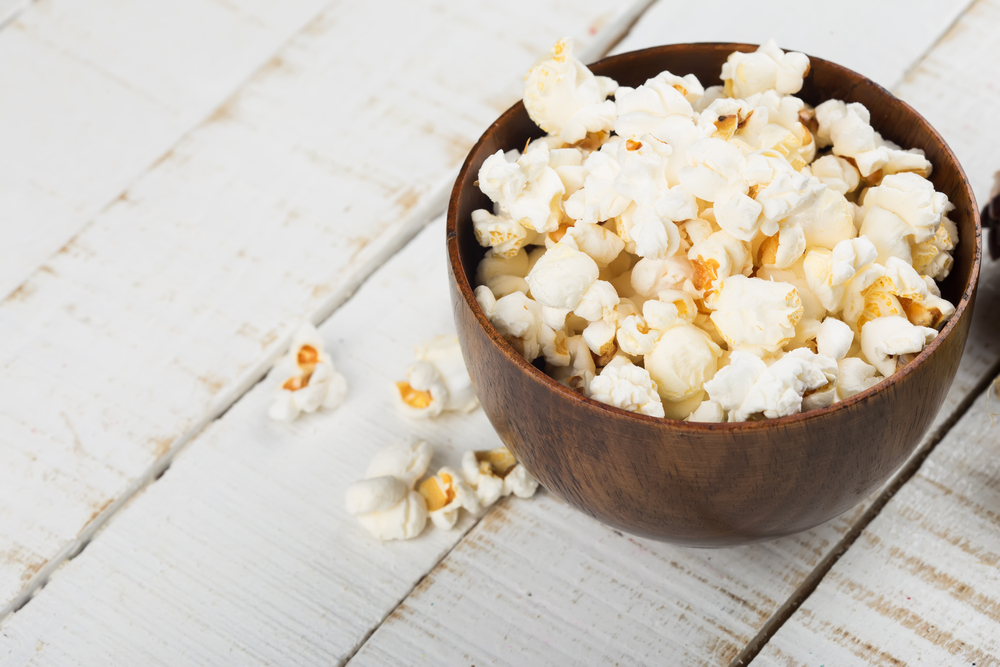Many people diet by driving themselves crazy following strict eating regimes in hopes that it will speed up the weight loss process. They swear off certain “bad foods” that most people enjoy, which leads to unnecessary self-loathing and let’s be honest, crankiness. Truth is that many of these foods are actually good for you when they are taken in moderation and can even help you meet your weight-loss goals!
Here are some foods that were previously thought of as off limits:
Wine
Generally speaking, consuming alcohol never is endorsed by fitness gurus, but if exceptions have been made, they have been regarding wine. Consuming one glass of wine per day, was encouraged by medical practitioners for good heart health and recent studies have been saying this isn’t exactly true. However, another study is pointing towards wine showing promises of helping reduce body fat – when consumed in moderation of course.
The study conducted by Purdue University has linked the compound piceatannol to have anti-oxidant, anti-inflammatory and anti-cancer properties, along with helping control fat cell development. Piceatannol can also be found in grapes, berries, peanuts, and passion fruit – however not enough information is available in how much quantity.
Piceatannol actually alters the timing of gene expressions, gene functions and insulin action during adipogenesis, the process in which early stage fat cells become mature fat cells,” said Kee-Hong Kim, an assistant professor in the Department of Food Science. He adds, “in the presence of piceatannol, you can see delay or complete inhibition of adipogenesis.”
The report of the entire study has been publish here in The Journal of Biological Chemistry.
Here is a video of Kee-Hong Kim providing the explanation:
White Potatoes
Anyone trying to lose weight understands that the importance of restraining from carbs, because high carb foods rank high in the glycemic index. The higher the number on this index, the worse your blood sugar will spike, this leads to increased insulin production and eventually weight gain. While it is encouraged that you stick with sweet potatoes (because they rank much lower in the glycemic index), white potatoes are nutritious and can still be consumed. Along with fiber, white potatoes are rich in magnesium, potassium, vitamin C, and copper and are endorsed by American Heart Association as a heart-healthy food for having low saturated fat and cholesterol.
The trick is to not get your potato fix through French Fries and instead through healthier options like baking and boiling.
Oil, at least Coconut Oil
Compared to various other healthy oils, Coconut Oil is high in Medium Chain Triglycerides, which are fatty acids that help boost metabolism. Unlike long chain fatty acids, that take much longer to digest, medium chain fatty acids are immediately sent to liver from the digestive tract where they are converted to energy or ketone bodies.
Oils are high in calories in general but it should be realized that not all calories are the same. All foods are metabolized differently in your body and for this reason, coconut oil serves as one of the best candidates. Also, enough evidence shows that medium chain fatty acids enable the reduction of appetite and helps you feel full. This gives way to consumption of fewer calories and, you guessed it, weight loss!
In the past, Coconut Oil’s high saturated fat content was considered evil but enough evidence is available to show that it is actually good for your heart – so feel confident to start incorporating it in your meals. The best part is the delicious aroma and taste it brings to your food!
The idea, to state the obvious, is to replace your conventional oil with coconut oil and not use as addition.
Burgers
Burgers, to really be putting it loosely, if done right, can aid you in aid your weight-loss goals. The key is in the type of meat that is placed between the buns (and of course the buns themselves; pick a whole grain bread instead of the basic white bread). Evidence shows that meats from grass-fed animals are much higher nutrients when compared to the conventional options.
A study published in Nutrition Journal provides evidence that conventional beef fat has a much lower ratio of omega-3 fatty acids to inflammatory omega-6 fatty acids than grass-fed beef fat. The ratio of omega-3 to omega-6 in conventional beef fat is often 1-20 whereas the ratio of omega-3 to omega-6 in grass-fed beef fat ranges from 1-1 to 1-4. “A healthy diet should consist of roughly one to four times more omega-6 fatty acids than omega-3 fatty acids” states the report. “The typical American diet tends to contain 11 to 30 times more omega -6 fatty acids than omega -3, a phenomenon that has been hypothesized as a significant factor in the rising rate of inflammatory disorders in the United States”
The crucial compound in grass-fed meats that is crucial to weight-loss is conjugated linoleic acid (CLA). CLA is known to equal out thyroid function which allows your thyroid to produce substances which help normalize your weight.
Visit the Nutrition Journal website to check out the full study.
Popcorn
Popcorn tends to have a bad reputation because the majority of Americans tend to eat it in the unhealthiest of ways. Namely by lacing it with butter, caramel, sweet chocolate, etc. Corn itself is nutritious, and contains (certain) B vitamins, vitamin C, magnesium, potassium, and even some anti-oxidants. So, you can enjoy popcorn, but you have to make sure you pick healthy toppings – for starters, try sprinkling some salt and spray a little extra virgin olive oil or coconut oil.
“I try to make sure my in-between-meals noshing to no more than 150 calories and follows my own personal ‘rule of 5,’ meaning my snack must have at least 5 grams of fiber and 5 grams of protein. For a salty and crunchy fix that fits the bill, I’ll have three cups of air-popped plain popcorn sprinkled with 2.5 tablespoons of grated Parmesan” – Lisa Moskovitz, R.D., founder of Manhattan-based private practice, The NY Nutrition Group
Eggs
Many people choose to distance themselves from eggs because of the high amount cholesterol they contains. While this may be true, you must realize that the other benefits they have significantly outweigh the “bad”. We say “bad” because even after its high cholesterol content, the yolk (the cholesterol filled area) does offer numerous health benefits and is good for you when taken in appropriate amounts. Eggs are a complete protein and are very low on calories – about 85 calories. It also contains Vitamins A, B, D, E, folate, zinc, iron and riboflavin.
Studies show that eating two eggs a day for breakfast significantly reduces cravings during the day. With proper diet and exercise routine in place, you should feel confident eating 2 (or even more) eggs per day. However, to have complete assurance, it is encouraged to get a physical check up to see if you have any pre-existing cholesterol or heart problems.






